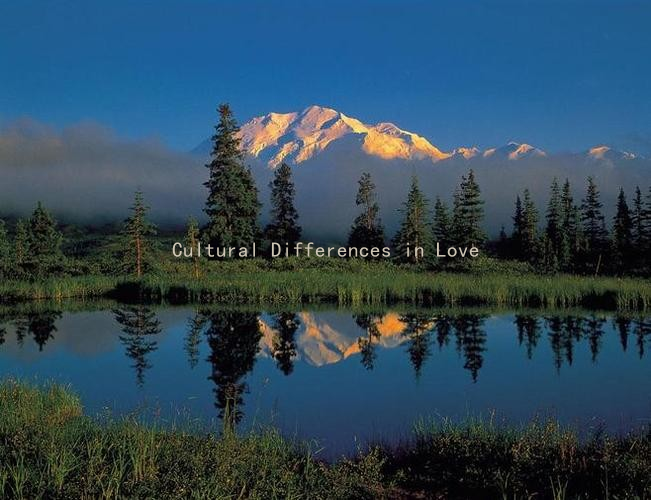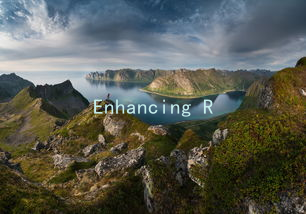Cultural Differences in Love: Navigating Western Expectations in Modern Relationships
Cultural Differences in Love: Navigating Western Expectations in Modern Relationships
In today’s globalized world, love transcends borders, bringing together individuals from diverse cultural backgrounds. However, with this blend of traditions and values comes a myriad of expectations and perceptions about relationships, particularly in Western cultures. Understanding these cultural differences is crucial for anyone looking to navigate the complexities of modern love.
In the West, individualism often takes center stage in romantic relationships. Partners are typically expected to prioritize their own needs alongside those of their significant others. This balance encourages open communication about desires, career aspirations, and emotional well-being. In contrast, many cultures place a stronger emphasis on collectivism, where family expectations and communal harmony may guide relationship dynamics. When a person from a collectivist background enters a relationship with someone from the West, they may initially struggle with expressing personal needs, leading to potential misunderstandings.
Another aspect to consider is the approach to dating itself. In Western societies, dating is often viewed as a casual and exploratory phase. Individuals may date multiple people before committing to a serious relationship, which allows them to discover their preferences and establish compatibility. Conversely, in several other cultures, dating is seen as a direct path to marriage, leading to a more serious and goal-oriented mindset from the outset. This difference can cause friction; one partner may view casual dating as a lack of seriousness, while the other sees it as a natural part of the relationship-building process.
Communication styles also differ significantly. In Western cultures, directness is prized, where openly discussing feelings, desires, and grievances is encouraged. This forthright approach fosters transparency but can sometimes come across as confrontational. In many Eastern cultures, however, indirect communication might be favored; the emphasis is placed on maintaining harmony and avoiding conflict. Thus, a partner accustomed to directness might misinterpret the more subtle cues of their counterpart, leading to frustration on both sides.

When it comes to expressions of love and affection, variations exist as well. Western cultures often embrace overt displays of love—public displays of affection, verbal affirmations, and grand gestures. These actions are seen as essential in validating a partners contributions and feelings. In contrast, some cultures may express love through acts of service or by prioritizing family obligations, which, though significant, may not be immediately recognized as romantic gestures by their Western counterparts.
To successfully navigate these cultural differences in modern relationships, it is vital to practice active listening and empathy. Taking the time to understand and appreciate each partner’s perspective can foster a more harmonious relationship. Establishing a foundation of clear and open communication will help bridge the gap between differing expectations and norms. Couples can also engage in discussions about their backgrounds, sharing experiences that shape their views on love and relationships, thus promoting mutual respect and understanding.
Moreover, it’s helpful to be aware of potential challenges that may arise throughout the relationship. For instance, holidays, family gatherings, and social events may carry different significance, leading to possible conflicts over traditions and expectations. By approaching these situations with curiosity and a willingness to compromise, couples can find common ground that honors their unique backgrounds while building their future together.
Ultimately, love is a journey, one that benefits from an open heart and an open mind. By acknowledging and respecting cultural differences while prioritizing connection and understanding, individuals can navigate the complexities of modern relationships with grace and resilience. Embracing diversity not only enriches the romantic experience but also lays the groundwork for lasting partnerships built on a solid foundation of love and respect.





